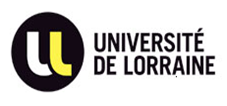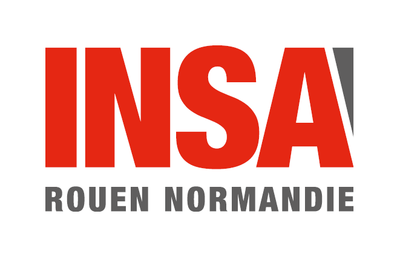Accueil du site > Production scientifique > Radiolysis as a solution for accelerated ageing studies of electrolytes in Lithium-ion batteries
Radiolysis as a solution for accelerated ageing studies of electrolytes in Lithium-ion batteries
Date de publication: 18 mars 2015
D. Ortiz, V. Steinmetz, D. Durand, S. Legand, V. Dauvois, P. Maître, S. Le Caer
Nature Comm. 6 1-8 (2015). DOI
Travail réalisé sur le site de l’Université Paris Sud.
Abstract
Diethyl carbonate and dimethyl carbonate are prototype examples of eco-friendly solvents used in lithium-ion batteries. Nevertheless, their degradation products affect both the battery performance and its safety. Therefore, it is of paramount importance to understand the reaction mechanisms involved in the ageing processes. Among those, redox processes are likely to play a critical role. Here we show that radiolysis is an ideal tool to generate the electrolytes degradation products. The major gases detected after irradiation (H2, CH4, C2H6, CO and CO2) are identified and quantified. Moreover, the chemical compounds formed in the liquid phase are characterized by different mass spectrometry techniques. Reaction mechanisms are then proposed. The detected products are consistent with those of the cycling of Li-based cells. This demonstrates that radiolysis is a versatile and very helpful tool to better understand the phenomena occurring in lithium-ion batteries.








